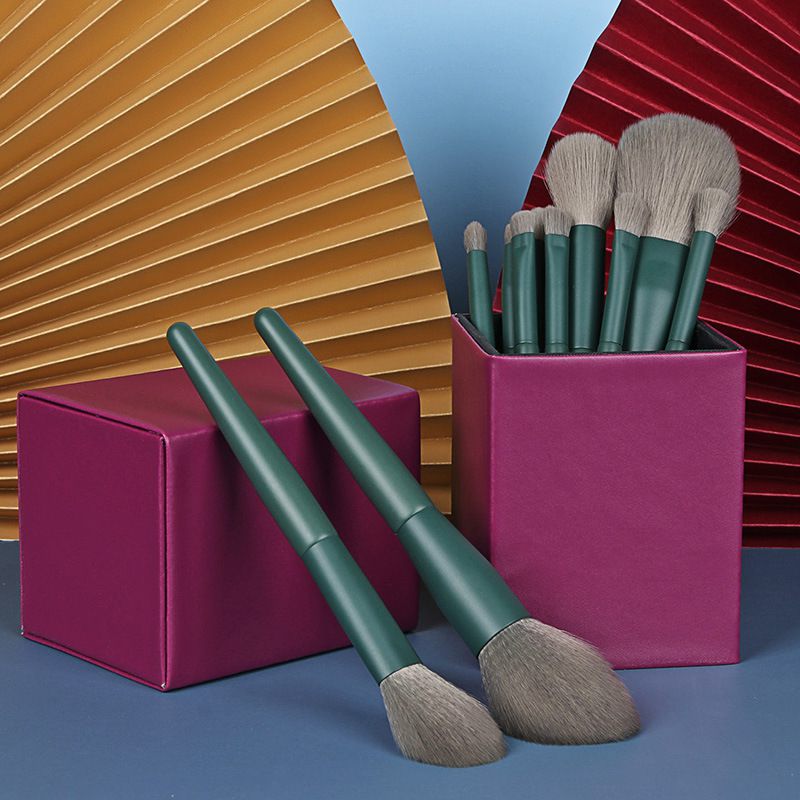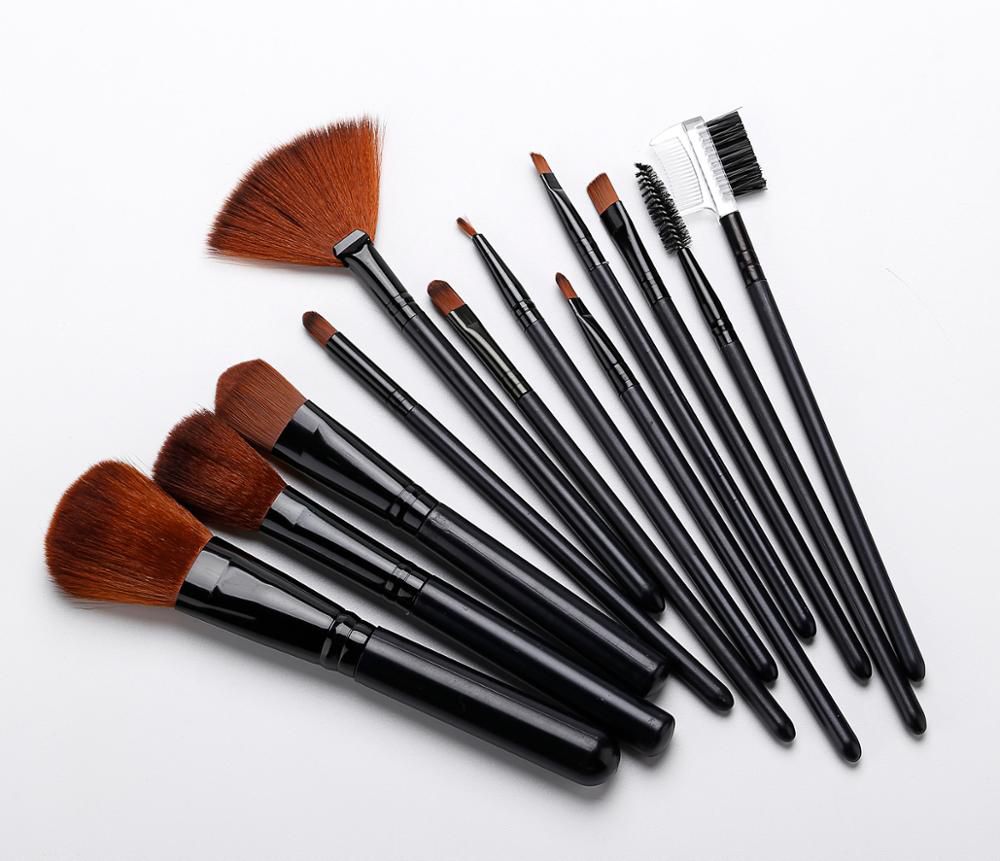Industry news
L’Oreal’s "Sustainable Beauty Pledge": All Brushes to Use Recycled Bristles by 2027
- 695 Views
- 2025-10-27 01:31:56
L'Oreal's Sustainable Beauty Pledge: Transitioning to 100% Recycled Brush Bristles by 2027
In a move set to reshape the cosmetic industry’s sustainability landscape, L’Oreal, the world’s largest beauty company, recently announced its “Sustainable Beauty Pledge,” vowing to transition all of its makeup brushes to 100% recycled bristles by 2027. This commitment marks a significant step forward in the brand’s broader environmental goals, aligning with growing consumer demand for eco-conscious beauty products and global efforts to reduce plastic waste.
Consumer expectations for sustainability have surged in recent years. A 2023 Nielsen survey found that 73% of global consumers are willing to pay more for products from brands committed to environmental responsibility, with Gen Z and millennials leading this shift. For L’Oreal, which serves over 2.5 billion consumers worldwide, this pledge is not just an ethical choice but a strategic response to evolving market demands.

Transitioning to recycled bristles, however, is not without technical hurdles. Traditional makeup brush bristles are typically made from virgin nylon or polyester, prized for their softness, durability, and ability to hold pigments. Recycled materials, often sourced from post-consumer plastic waste like water bottles or textile scraps, require advanced processing to meet these performance standards. L’Oreal’s R&D team is focusing on optimizing recycling technologies—such as depolymerization and melt spinning—to ensure recycled bristles match, or even exceed, the quality of their virgin counterparts. Early tests show promising results: recycled PET-based bristles have demonstrated 95% of the softness and 90% of the pigment-retention capacity of traditional materials, according to internal L’Oreal reports.
As an industry leader, L’Oreal’s pledge is likely to set a precedent for competitors. Brands like Estée Lauder and Shiseido have already launched limited sustainable lines, but L’Oreal’s full-scale transition could pressure the entire supply chain to adopt greener practices. This domino effect may accelerate innovation in recycled materials, from brush bristles to packaging, creating a more circular beauty economy.
Key challenges include scaling recycled material supply chains and managing costs. Recycled plastics currently account for only 10% of global plastic production, and sourcing consistent, high-quality feedstock remains a barrier. L’Oreal aims to address this by partnering with recycling facilities and investing in chemical recycling technologies, which can process hard-to-recycle plastics into usable raw materials. Additionally, the brand is educating consumers on the safety and efficacy of recycled bristles through transparency campaigns, sharing test results on bristle softness, color retention, and longevity.

Early reactions from consumers and industry experts have been positive. Beauty influencers and eco-conscious bloggers have praised the move, highlighting its potential to reduce the 120 billion packaging units the beauty industry generates annually. For L’Oreal, this pledge could strengthen brand loyalty: a 2022 study by GlobeScan found that 64% of consumers prefer brands with clear sustainability commitments, and 45% would switch to a competitor for greener options.
By 2027, L’Oreal’s recycled bristle brushes could become a benchmark for sustainable beauty, proving that environmental responsibility and product performance can coexist. As the brand navigates technical and supply chain challenges, its journey offers valuable insights for the industry—sustainability is no longer an option but a cornerstone of modern beauty innovation.











